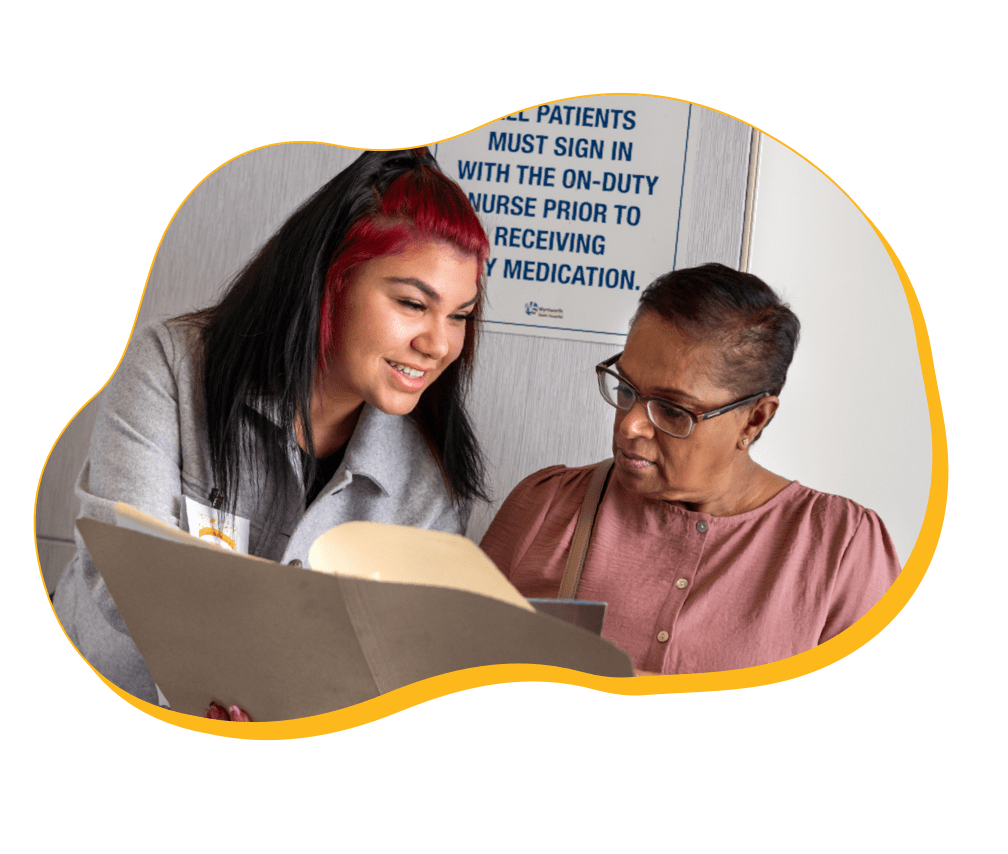There are many strategies that can help you keep up with your HIV treatment. Here are a few that might help:
- Create a consistent routine for taking your medication, going to appointments, and checking in with your healthcare providers
- Set up automatic refills with your pharmacy, if possible
- Make sure to plan for your medicine routine if you’re going to be away from home
It’s important to talk to your healthcare provider about treatment plans that can fit into your routine.




